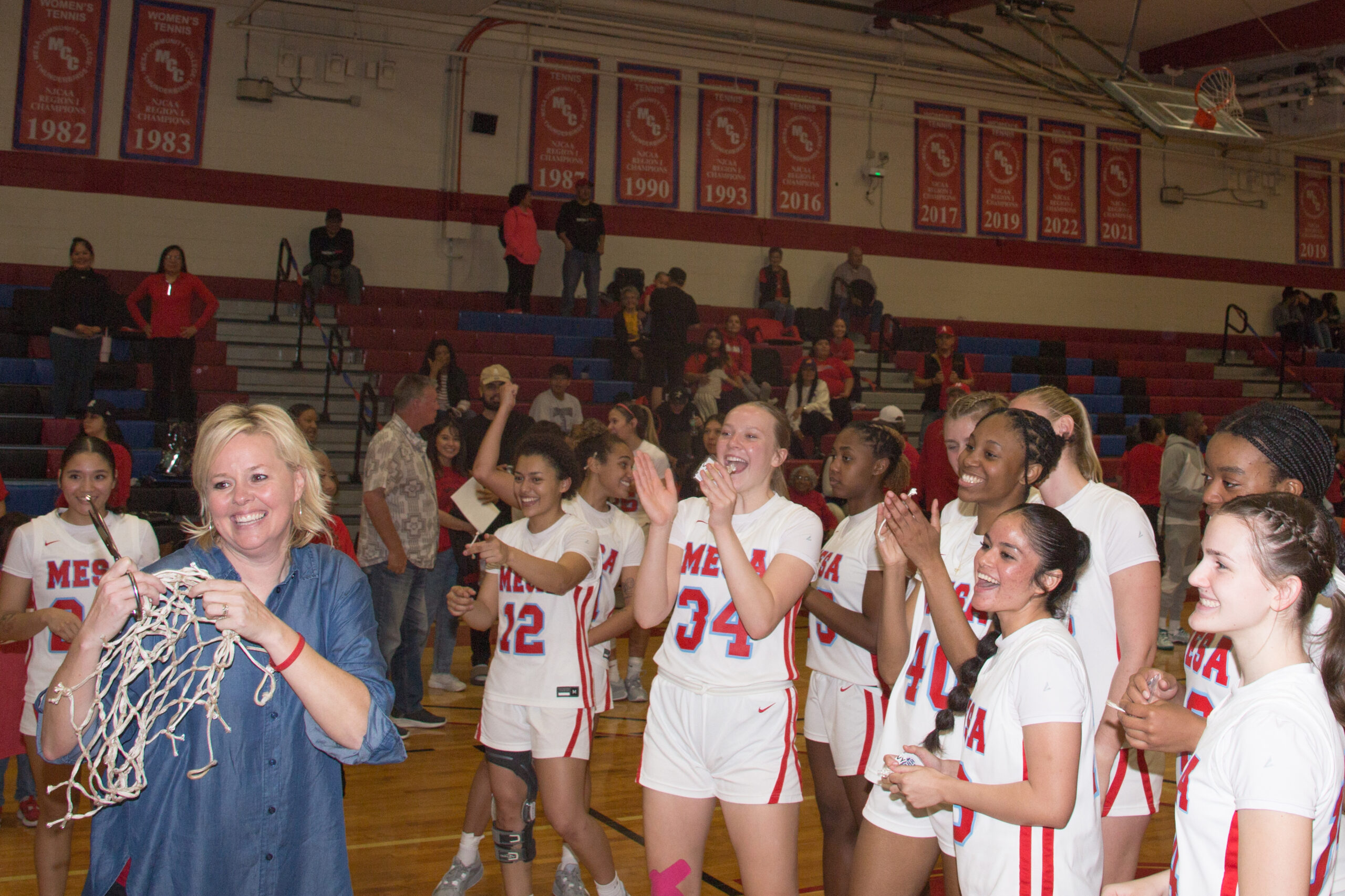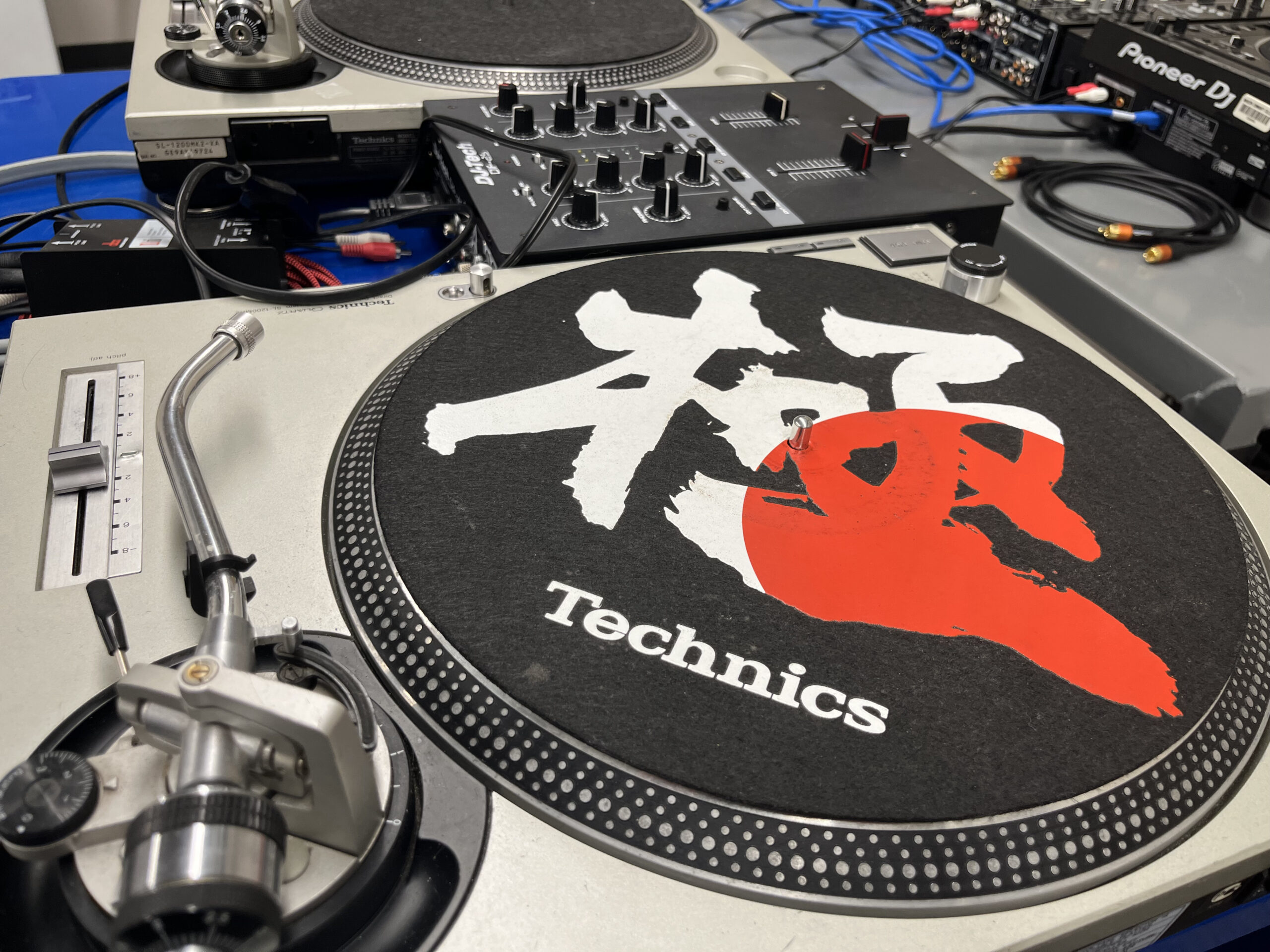Products created in hopes of preventing sexual assault
By: Paige Baker
A rise in the production of merchandise designed to prevent sexual assault has attracted both praise and criticism from psychologists and students alike.
For many of the products, the idea is to prevent date rape by arming women with the technology to test their drinks for drugs such as Rohypnol, Xanax and GHB. While the concept is nothing new, the products increasingly are.
Innovators today are largely shifting focus to include this technology in common items such as nail polish, coasters, bar glasses, and even lip gloss, allowing women to discreetly be assured their drinks are safe.
For many women, products like these contribute to a sense of safety and empowerment against predators, but not everyone is entirely convinced.
The merchandise has also generated backlash from victim-advocates who say it neglects the underlying issue.
“The drugs are simply Band-Aids,” said Mona Scott, a professor at MCC, “the core issues aren’t being addressed.”
Scott represents just one of many who say the only way to truly prevent date rape is to focus on the predators rather than the victims.
“A better solution is to tell men not to rape,” said Suzy Horton, a professor of gender psychology.
According to Horton, a large contributing factor to date rape is a society which provides positive incentives to getting your way through use of force.
Another concern with these kinds of products is the likelihood that they could further a system of victim blaming.
“It puts full responsibility on the woman to prevent it,” Horton said. “People could say ‘you should’ve known better, these products are out there.’”
Student Amy Richardson echoed similar concerns.
“I do think these products could perpetuate victim blaming … especially with women, it seems that people somehow tend to lay the blame on them,” Richardson said.
Richardson also said that since rapes as a result of drugged drinks are statistically rare, these kinds of products could facilitate a false sense of security for women, allowing them to believe they will be safe, since their drink is not drugged.
Still, in spite of criticism, many agree that these products ultimately serve a purpose.
“Anything that helps is good, it gets people talking,” Horton said. “It’s, unfortunately, a cruel world and you have to be prepared.”
Jayon Wang, CEO of LifeShel; the company which works extensively to produce technology aiding in the prevent of sexual assault, said these kinds of products shouldn’t fool people into believing they put an end to a larger global issue, but rather work hand-in-hand with advocacy and education to help where possible.









